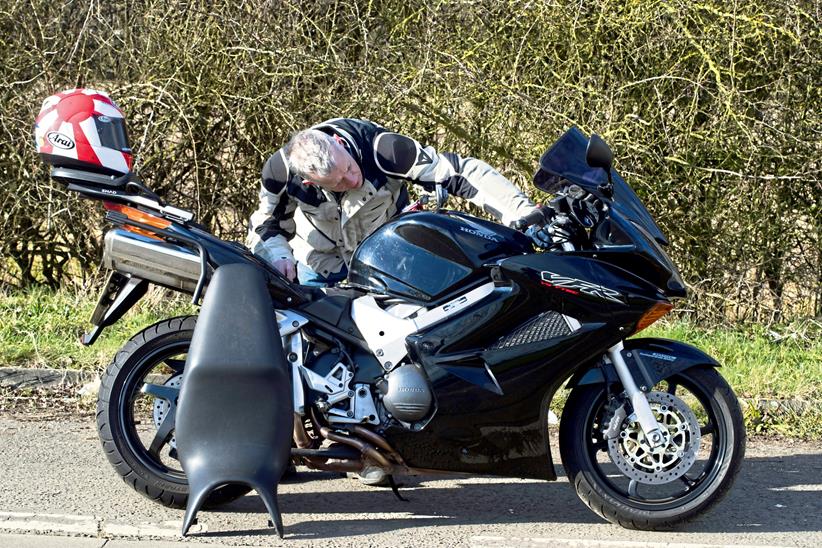Hundreds of owners lose their bikes following a breakdown, statistics reveal
Following a Freedom of Information request to Highways England, MCN have discovered that hundreds of motorcycles that have broken down have been either sold or destroyed after being picked up by the agency.
Figures obtained by MCN for the years 2021/2022 from National Highways show that 306 bikes ended up with either a new owner or in the skip (134 bikes in 2021 and 172 last year).
The data only applies to National Highways roads, so not the entire UK motorway system, and is only for vehicles that have been recovered under National Highways statutory removal contracts having broken down.
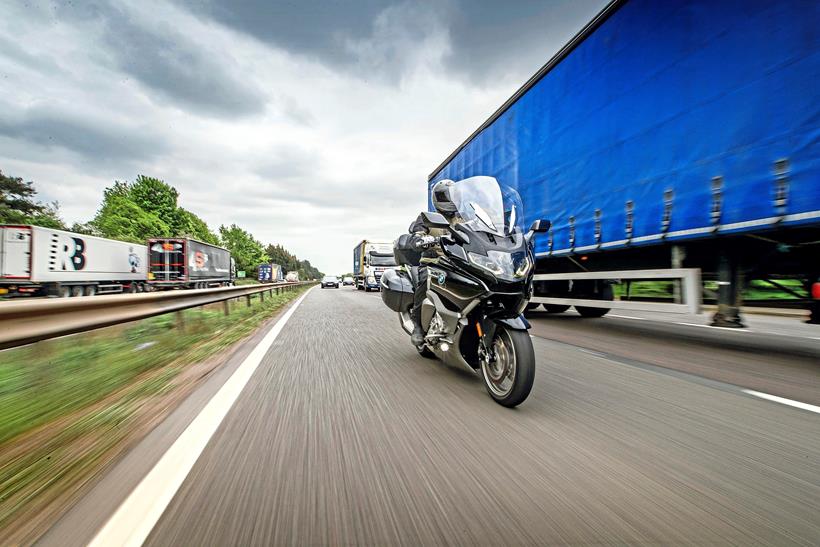
But how, after a simple breakdown, do motorcyclists lose their machines? And how much does it cost to prevent such a nightmare scenario unfolding?
Under the Road Traffic Regulation Act police have powers to remove vehicles in specific circumstances, such as abandoned vehicles or obstructively, illegally, or dangerously parked or broken-down vehicles.
It is when exercising these powers, the authorities are empowered to charge the vehicle owner for the removal, storage and in some circumstances disposal or destruction.
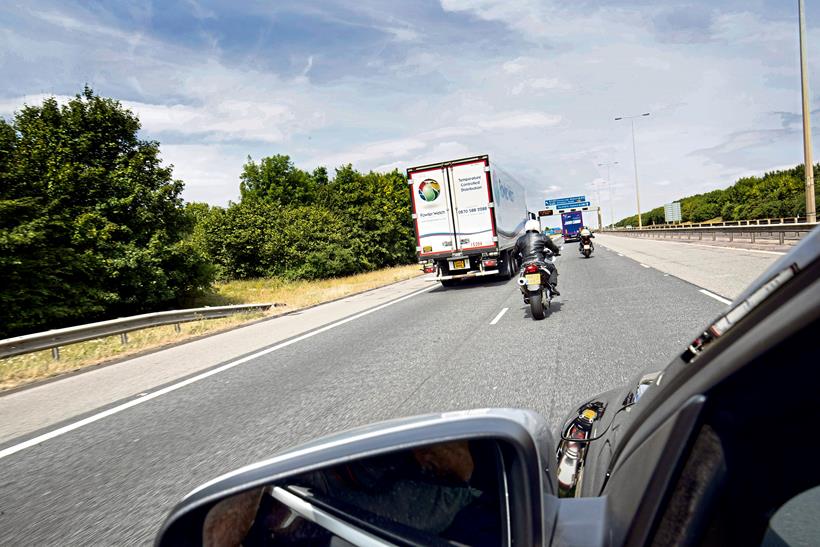
In April this year the UK Government changed its regulations regarding the levels of charges applied to the removal, storage and disposal of vehicles in England and Wales, the first such review since 2008.
Charges were raised by 28% meaning a rider will pay a minimum of £192 for collection of the motorcycle. Costs soon begin to escalate with storage fees which now cost £13 per day for a maximum of seven days.
After this, charges will transfer to the storage facility and, based on MCN’s own experience, are likely to ramp up fast. The other, more horrifying option is that National Highways, at this point, decide to sell or destroy your bike.
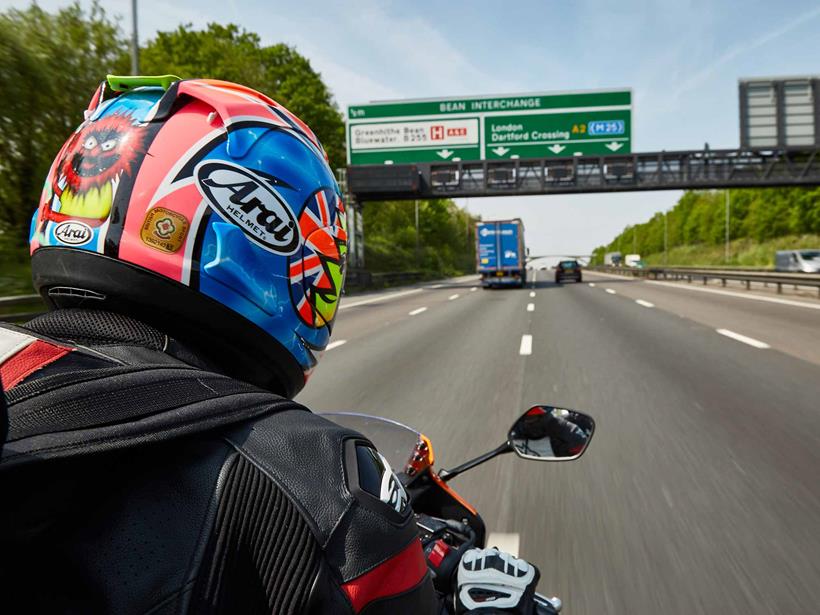
Gavin Grewal, partner at White Dalton Solicitors said: “If a vehicle is disposed of, and it has a UK registration number, the notice of disposal must be further communicated to the Secretary of State for Transport, the Chief Officer of Police for the force area it was abandoned in, and HPI.
“The latter is important, if it ends up being saved from the scrap heap and sold on, it may ‘flag’ on a HPI search as once abandoned/recovered.”
So what is the moral of this story? Simply put it is to get the best insurance policy/breakdown cover you can and put the number in your phone contacts and call them immediately.
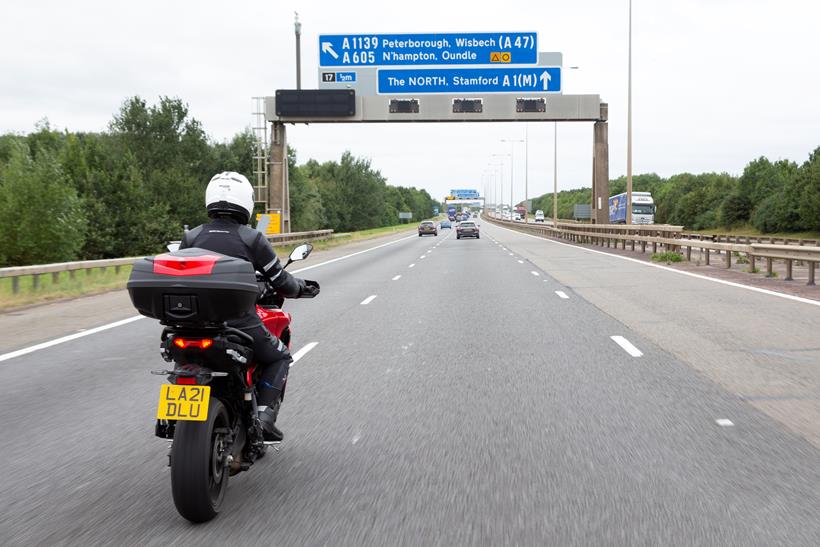
Grewal adds: “Even if you have finance on the vehicle, you will still be liable to pay for it. The fact the vehicle has been recovered/ seized or disposed of does not change that fact.
“This is why fully comp insurance and/or GAP insurance is so important as it can go some way to cover the cost of a vehicle disposed of. If not, you need to look for your rights under the statutory provision used, or common law tort of ‘conversion’.”
Also call Highways and explain the situation as they will give you a few hours to collect the bike before it enters the system.
